|
A young Jessie is at the top of this photo. They may have to sit still and not smile for the photos, but these were some wild and fun women, I'm sure! Jessie would have been about 20 years older by the time she wrote these letters. The solider is not Walter Hill, but Walter would have been outfitted like this and been similar in appearance. Tonight I'm finishing up transposing another letter. I just LOVE this eyewitness account of the war! I imagine Walter getting the letter and wondering, "Hmm, who could this be from?" then laughing with pleasure when he realizes that his old teacher took the time to write him. It seems as though they are completely out of touch, but she must have found him through a local organization. Teachers use the phrase "my kids" to refer to their students in the same way that parents do because they share a very special bond with their students. Clearly, Walter Hill was one of Jessie's kids. I've printed his words in gray and added some of my own thoughts in italicized blue. The wording is mostly his and some words were very difficult to decipher.  Burdocks -- Poor girl! Burdocks -- Poor girl! Dear Teacher, I received your letter and was very glad and also surprised to hear from you. You laughed at me about 2+2=3. Well, you want to do a little trading over here and you will find out that two + two equals as much as they can fool you into believing it is. I was awful glad to hear from you. I have to write to my friend nearly every day. She worries awful about us . . . and it is no use to worry as things will happen just the same no matter how much you worry. Things happening just the same is all well and good to say when you are living a comfortable suburban lifestyle, but this is quite the statement to read from someone who is writing from the trenches. This paragraph give you some insight into just what kind of teacher Jessie was. She took quite the forceful approach to classroom management. Tying kids up for whispering? She must have had a rough group! I guessed who wrote that letter just as soon as I got down to that 2+2. Do you remember the time you tied me all up in strips of cloths for whispering? Do you remember the time that man fell down stairs over across from the school and came down and smashed in the brook? I sure remember that Mrs. Harringan. We used to have some good times at that school. If my memory does not fail me I think I remember some thing you forgot to mention. Aren't you the teacher that laid me across a double desk and gave me "What Paddy gave the Drum"? SHE SPANKED HIM! Those were the happiest days. I must have shame a speaker man at that Peace Conference with the enemy of the cabbage patch. No idea what he's talking about here. Remember the time I put Burdocks in the girls hair and got a chance to do the toe dance all around the room with the aid of the teacher holding on to my ear? You are right on Uncle Sam would be proud of the boys that he has behind him. Of course I think more of the boys who volunteered but the other boys are a credit to their country. Some men were drafted while others signed up to serve. The best part of it all is the way the boys acted when they got orders to leave for France. We did not have the least idea where we were going. It would have done you good to see how willing and anxious they were to get started. You would think that they would worry about the submarines on the way over but it was just the opposite. Most of them were anxious to sight a sub so we could get a shot at it. The officers had a lot of trouble keeping them down and not to sing their heads off. We had setting up exercises every day and games, looking and a lot of singing. Picture this in your head. Isn't this fantastic? Soldiers, who are really just boys, singing and hoping to get a shot off at the enemy. They sound so young and optimistic. I imagine their harried, serious officers saying stuff like, "You there! Get off that railing! You there! Stop that racket!" It sure what a great sight. If you never have been across it would do you good to take the trip if you were not sea sick. I was sick and did not care for awhile if all the subs the Germans had got after us at once. Poor Walter, I can totally sympathize with him on this! It was a fair sight along the western shore in the harbor. We left to see the longer ships and at night to see the lights on the buildings. It has been worth a lot to me. I have not suffered as yet. Of course, there have been things I would not have refused like a nice big piece of pie and a glass of good milk. But war is what Sherman said it was and then some. William Tecumseh Sherman, a Union general in the Civil War, said, "War is hell." I can't tell if he's being modest and kindly keeping the gruesome details away from his teacher or if he truly hasn't see battle yet. He sounds optimistic, but to say that war is hell and then some is quite strong. I also love that he worded this so as to refrain from using the word hell. I remember the last time I saw you. If I am not mistaken I was with my friend. I would not be guilty of not speaking to my old school teacher. I may have changed in looks, but I guess there is just as much deviltry in me as ever. Oh Walter, you sound so much like someone I want to know! I bet there are a lot of my old classmates in service over here. You perhaps read in the papers about the way the Bosch have destroyed the forest trees in the land they have been forced to leave. They sure are a bum lot of soldiers to fight the way they do. Bosch, a slang term for rascal, is what the French called the Germans. While I am writing this there's a lice little Bosch Machine right over our little shanty. We have a visit every night from the Bosch. They have a habit of coming over about 7:30 to 8:30 and in the morning just before daylight. They dropped a couple bombs over in the field not far away the other night. Boys in our company have done their turn in the trenches and are in for a pass for a few days. We expect to be sent down South near to a Watering Place. I'm not sure why the W and P are capitalized here. He could be referencing a Dickensian term for a bar. I will be glad when we go. I will have to tell you of a sight that I saw in another town. There as a Bosch up in the air so high he looked like a little toy. One of the French machiners got after him and down he came head first. It was some sight. We went over and saw him after he landed. The machine was like kindling. I won't tell you about the fellows. If you know any fellows that are in the Aviation Service you can give them a lot of credit as they will use a lot of nerve in that job. There are so many things going through my mind after reading this. The naive curiosity. The interest in the crashed plane. The horror at the condition of the pilot's body. Below, I've included a recruitment poster for the Aviation Services. I am impressed by all those serving in the Air Force, but these brave men do deserve a lot of credit for their courage and bravery. Be sure to write, Mech. Walter Hill
0 Comments
I have always been interested in World War I. Usually, people rush over the first world war to get to the more popular and more easily understood second. I'm not sure what it is about World War I that grabs my attention and keeps it, but I find the stories captivating. The impact the war had on our culture is still deeply felt 100 years later. So that's where we are now. November 11, 2018, will mark the 100th anniversary of the armistice that ended the war. On that day there were great celebrations around the world. There was also sorrow in the countries that lost the war and that sorrow would only be compounded by the Treaty of Versailles. Last year, my family discovered a packet of letters that had been collected and saved by my Great, Great Aunt Jessie. She was a school teacher who wrote to her former students who were serving in the war. I've been working to transpose these letters so they can be easily read and studied. (Follow this link to find out more about Jessie and the read the first letter.) To commemorate this 100 year anniversary I am currently immersing myself in all things World War I. I am reading about the Red Baron, Lawrence of Arabia, Edith Cavell, Alvin York, and so many others. A few weeks ago I posted about my love of history. When I talk with people who dislike history, I usually perceive that they were taught it from the wrong perspective. I am concerned with the education of anyone that doesn't include a broad study of history because of what that study provides the learner. According to John Green, "The opportunity of studying history is the opportunity to experience empathy." Experiencing empathy for people in the past is what gets my mind racing and my heart pounding. Those people were real. They loved and lost, were hungry and full, they celebrated and mourned. They felt sore and didn't always want to get out of bed in the morning. They worried about their children and loved their friends. Yes, we are all different but we are also all so similar. My favorite kind of history is the history that tells the story of a shared human experience. By immersing myself in the war, I'm hoping to feel what it felt like to be there in the midst of the crowds celebrating the end of the war, anxious about when my loved ones would be returning home. Over the next few weeks, I will be sharing the text of the letters and poems that were in that packet of Jessie's as well as some posts based on my reading. I am also so excited to be given the opportunity to share information with the students at the school I graduated from and where Logan currently attends. I've got my presentation created and my outfit picked out. (I'm super psyched about the outfit; I'll explain why later.) Now I'm working on getting visuals and preparing a display. If you have any questions about the Great War, if you're looking for book recommendations, or if you would like to see the letters please let me know. I love photos like these because you can see so much personality and emotion. The man on the far right of the large group of men looks like quite a character. Contrast him with the purposeful slouch of the man closest to him. I adore the smile of the man on the far right in the group three. My guess is the man in the middle said something funny right before the camera snapped the photo and he lost it. Remove the uniforms and replace them with modern clothing and both of these photos would look totally normal. Men working together. Men posing and laughing together. This is the shared experience of being human.
"We have shared the incommunicable experience of war; we have felt, we still feel, the passion of life to its top. In our youth our hearts were touched with fire." --Oliver Wendell Holmes Jr. This quote is burned into my memory. David McCullough reads it as the opening track on the Ken Burns Civil War soundtrack. (I know, deep nerd stuff here. I have soundtracks to documentaries. Yes. That should be plural.) Although I have heard this a considerable number of times, I never quite understood what Holmes meant until September 11, 20013.
It was my first time teaching middle school since the world had drastically changed in 2001. I was trying to talk to my middle school students about that day, but they didn't share my sorrow and passion as I remembered. They weren't disrespectful, just blank. They told me they didn't remember because most of them hadn't been alive that day or if they were they had been infants. Of course they knew about it in the way that I know about Pearl Harbor, but they didn't know. They didn't feel the loss. The fear. The uncertainty. The mysterious connection with strangers just because we were all experiencing something together. The incommunicable experience of war. That day was awful. I remember times during the following days in which I experienced crushing sadness. I remember sitting in the break room of Eddie Bauer reading a paper with two horrific stories. The first told of day care workers having to deal with children who were never picked up by their parents that day because their parents were no more. The second told of parking lot owners dealing with cars that no one would be returning to claim. Both of these left me heartbroken, but when I try to communicate with those who were too young to remember, my feelings are . . . incommunicable. Those of us who remember that day shared some thing horrible, but also uniting. We felt the passion of life and the fire in our hearts. I wish one generation could easily share their experiences with the next, but unfortunately that is just impossible, not for lack of trying, but because that is not how experience works. The sadness of loss, the terror of uncertainty, and the pride we felt for our heroes is simply incommunicable. Incommunicable . . . If you remember September 11, 2001, and you get the chance to share your story with young people around you, remember that word. Do your best to tell a compelling story, but don't get frustrated when they don't get it. It's not their generation or a character flaw. It's the nature of experience. If you don't remember that day, please respect those who wish to talk about it and commemorate it. You will inevitably experience things that others will not. Remember that try as you might, some experiences are just incommunicable.
What makes someone successful? Isn't that a loaded question!? If we had a set answer to this question we could create a formula that everyone could follow, right? Unfortunately, no. Success is difficult to define, fleeting, and changing with cultural norms.
In his book Outliers, Malcolm Gladwell tells the story of success from a very unpopular perspective. I say unpopular because he debunks the pull-yourself-up-by-your-own-bootstraps American Dream story we love. We want to believe that anyone can achieve anything because it sounds great, but success is way more than an individual outcome. Also, we often learn about historical figures as they relate to their most famous contributions to history. They often enter and exit the stage of history having only done one thing, but in reality they had exciting and fulfilling lives full of mentors and teachers. Case in point: the Wright brothers. In our history books we learn On December 17, 1903, they successfully flew their airplane for the first time. They were two self-taught engineers who became aviation pioneers and changed the world on that December day. It's almost as though they woke up picked up their plane they tinkered with for a while, flew, and that's the end. But there's so much more. That two-sentence summary leaves out the years of struggle and preparation. It leaves out their incredible family and the time they spent studying. The world may have changed on that December day, but their part of the performance was being performed long before the world ever took notice. Not all of us are called to be major characters in the great story of history. Some of us are cast in supporting roles that make the grand successes possible. In the case of the Wright brothers, they had several amazing people in supporting roles. First, their parents were incredible. Their dad, a minister in the United Brethren Church, taught them to think, debate, and encouraged them to read on a variety of subjects. Their mother, a wagon maker's daughter taught them mechanical skills and building techniques. Their father inspired their imaginations with a toy propeller and the boys' thirst for knowledge was developed by family discussions in the parlor. Hard work and perseverance were a major component of their success as well. They suffered through brutal nights in the Outer Banks and had to puzzle through complicated calculations. After years of struggle they succeeded, but they didn't stop. After December 17, 1903, they continued to study and improve their designs and defend their patents. Recognizing supporting roles is important because being a secondary character takes humility and a willingness to remain in the shadows. We can't all be great, but we can all help others in their drive to become great. This doesn't mean we get squashed or deserve to be treated with scorn. Mattering to someone or something is a part of a basic human desire that some of us feel so very strongly it hurts. But not all our roles will be recognized. A doctor that saves someone's life may not be known to history at large, but he mattered deeply to that person. Any maybe that person or a decedent of theirs will go on to greatness. Reaching for greatness should never require you pushing others down. Reaching for greatness should always include pulling up those under you and pushing forward those above you. Recently, I read a book about the periodic table. (#nerdlife) The author describes Dmitri Mendeleev, the father of the periodic table, as a gifted scientist, and explains that without his mother he would be completely unknown. Mendeleev was the youngest of 17 children and at the age of 15, his mother crossed Siberia on horseback to take him to Moscow to get him into the university there. After traveling around 1,200 miles the university said, "No," to accepting young Dmitri. Undeterred., Mrs. Mendeleev told her son, "Get back on the horse!" and they traveled another 400 miles to St. Petersburg where he was finally accepted. She died shortly after he was accepted into the university. Her journey cost her her life, but without her sacrifice, Dmitri Mendeleev would have died in obscurity in eastern Russia. (This makes me feel pathetic when I think about how much I whine about driving Logan around to his activities.) I want to pull back here and make it clear that I'm not advocating mothers or fathers kill themselves providing wonderful lives for their children. This is far from what we need. Your children need to see you having a fulfilling spiritual, social, and intellectual life. But having a supporting role means that you are willing to push those around you ahead not to leave yourself trampled, but as a way to contribute to the world at large. Teachers get this. This is what they do. They work crazy hard and maybe someday one of the students they influenced will become president, or cure cancer, or become a teacher and continue the circle. As I close this post, I don't want anyone to feel discouraged about being in the shadows. If you feel God asking you to step toward leadership or do big things, that is wonderful. But true leaders, as exemplified by Jesus Himself, are also willing to serve and remain humble. Do what is right and don't worry about grabbing for glory. Leave that to God.
Book Recommendation:
The Wright brothers are fascinating to study, but their family is equally intriguing. David McCullough's book on them is good, but if you are looking for a wonderful quick read, I would highly recommend The Wright Words by Kirk Haas. Kirk is my favorite presenter at the Henry Ford. (Yes, I am a big enough nerd to have a favorite presenter at a museum.) In his book he tells stories about the Wright family and how the boys became to be the innovators they are remembered as. I may have cried. It is only about 60 pages so it is a quick read. By purchasing and reading you are also supporting a local author. Go Michigan!
This entire week you will see people wearing all varieties of red white and blue, decorating with the stars and stripes, and even making menus to reflect our nation's colors. People screaming "'merica!" and blowing up fireworks. People attending parades and waving flags. This is patriotism, right? Well, no. Back when I was teaching a high school government class I read an article by Lawrence Reed that changed my perspective on what true patriotism is.
Freedom—understanding it, living it, teaching it, and supporting those who are educating others about its principles. That, my fellow Americans, is what patriotism should mean to each of us today. 
The article, written in 2003, make a great case for true patriotism and warns about the dangers of false patriotism. I am weary of political debates in which the sides claim to have America's best interests in mind and claim that the others just hate her and want to see her burn. Look back at history; the founding fathers were passionate about their beliefs and debated vehemently with those who disagreed. Each saw their vision for the future to be the best. That has been the case throughout our history and continues today.
I propose that this Independence Day we lay aside our differences and celebrate the freedom we have to share those opinions. We have much to be concerned about, but we also have much to be thankful for. We live in a society in which we can openly speak and not go to jail. We can flaunt our political opinions on our shirts and the bumpers of our cars. We can write about and post about our beliefs on social media. We can travel around the country and visit monuments, landmarks, and museums celebrating our history. How can you be patriotic this Independence Day? Spend some time this week or month learning about those who fought for our freedom. This is not only the founding fathers, although they would be good place to start. Learn about those who fought for civil rights and equality. Learn about the hero scientists who created medicines and vaccines that have saved countless lives. Learn about those who invented things that drove American industry and made us the superpower we are today. In short, celebrate freedom.
Below are a few of my favorite books about Americans and stories that are worthy of getting to know. The links are to Amazon, but if you can buy it at your local independent book store that would be even better.
This poem was written about 100 years ago. Poor young maid! I would probably endanger a loved one's life by knitting too. By Our Office Boy
A youngish maid with beautiful map-- She knit her beau a beanie cap. She waited till she found a chance, Then sent it to her beau in France. He put it on, out in the rain, And soon his head began to pain. It pained some more, alas, alack, And then his head began to crack. They found him there and thought him dead-- The beanie cap still on his head. With chisels then they pried it loose; The yarn she used, it had been punk; The beanie cap, how it had shrunk. The doctor says to tell his gal That he can leave the hospit-al Some time next fall, and well, perhaps, But he must shun all beanie caps. O maid, if you must do your bit, Go drive a truck, but please don't knit. 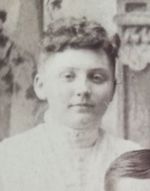 Jessie Dow 1887 Jessie Dow 1887 My very dear Aunt Jane was a research librarian at University of Massachusetts at Dartmouth. With the help of a few other family members she compiled a family history that is full of stories and photos. In that history there is a woman named Jessie Dow. She married into the family September 14, 1890, but her husband Ernest Victor Booth died August 7, 1891, less than a year after they married. That was all we knew about her until a few months ago. After my great Aunt Inez passed away, the family found a packet of letters that was labeled "Aunt Jessie WWI". Apparently Aunt Jessie was part of a group that encouraged the men fighting "over there" by writing and sending packages to boost morale. I was allowed the privilege of looking at this packet and attempting to make sense of what I discovered. There were some poems typed on thin velum. One of the poems says, "By our office boy" which made me think that she was part of a letter writing USO type group. The which were letters addressed to "Mrs. Jessie Booth, Dear Teacher" told about the war and the men's experience in France. So she was a school teacher who loved her students. She wrote them letters because she was concerned about them. This all sounds so familiar. Instantly I felt a connection with Aunt Jessie. With the help of another history loving friend we are transposing the letters which are difficult to read. Below is one of the letters. I've copied the words down verbatim to accurately represent the author. I can't figure out his first name. Check out the close up of his signature and comment with what you think it is. The longing for home and the misery he expresses is clear and connects me with this solider from 100 years ago. I don't know if he ever made it home to his "Dearest Little Mother," but I know that so many like him didn't. As you read I hope you connect with this brave solider who was not so different from you and me. On Active Service
with the American Expeditionary Force May 20, 1918 Mrs. Jessie Booth Dear Teacher, I received your most welcome letter to day. And was sure surprised to hear from you but it was a glad surprise to me. Well I can never forget the hours that I spent in school a long time ago. I wish that I knew then what I do now. I think that my life would been different. I am glad that I am doing my bit over hear. You sure did have me guessing on the writing all right. Well Mrs. Booth I have one of the Dearest Little Mother living and I hope to come back to her but if I don’t well all I can do is to meet her up above where they don’t have war. We have been on the go since February 5 and the Lord only knows how much longer we will be on the road and we have seen and been through a lot more than I ever expected to or thought that I would go through. But I am alive and well and feeling fine and am looking for a nother chance to get at the [Book] a gain. We made a good record the last time all though some of the boys fell to the Huns paid [iofer] one of ours. We are just getting nice summer weather hear for we have been up to knees in Mud the most of the time since coming over hear and the change is good for us. I hope your garden will come out fine for any one likes to see tho first one in good shape. Yes I am in the Infantry or as we are called Mud splashers. This the branch of the service that gets all the hard work and plenty of scrape to. I have a lot of friends in the service and I run in to them not and then. I meet Sgt Pirley Wells of the old Leo H last night and and a few more of the Montpelier boys. They are all looking fine and feeling good and longing to get at the Huns and get it over with. That little boy you used to know is some boy 5 ft 11 in and weighs 155 lbs and is brown and hard as a rock with a small bush up on the upper lip. All most a man. And only 30 years old. Some boy. I often look back to my school days and wish that I could go back to them but they are passed forever. How I wished that I had learned to play the organ when you tried to learn me. I will close for this time. I remain one of your Old scholars and will always respect and love you as one that tried to learn me the many things I had ought to know. So will say goodbye with Love to my Teacher,  Kids need someone to look up to as navigate life. Kids need someone to look up to as navigate life. After many years of teaching and parenting I have discovered something. Attempting to teach something as a negative is extremely difficult. Human nature and our amazing brains can come up with a million other things to do when told “don’t.” Tell a classroom full of most any age students, “Don’t talk,” and soon you will hear whispering, humming, singing, the scribbling of note writing, singing, and using every form of communication other than talking. I’ve asked a classroom full of preschoolers about what our rules should be and they came up with, “No hitting,” but that wasn’t enough because as a little person pointed out, “kicking isn’t nice either.” So we ended up with “no hitting, no kicking, no spitting, no slapping, no hair pulling, no poking, no punching,” and the list goes on and on. After doing this for a minute or so I would stop the class and say, “Yes, those things aren’t nice. Let’s make our rule ‘Be kind and help each other.’” What I was trying to do was to change the negative to a positive. “Don’t run,” is better worded as, “Walk carefully.” I’ve heard people criticize positive wording as being overly sensitive and espousing the idea that kids these days are too soft to hear the word “no”. I disagree and would argue that telling children what we expect from them and what kind of behavior they should exhibit will allow them to succeed. I think we need to apply this to the people we are exposing our children too. I am tired of weak, stupid characters in TV and movies who do what is best for themselves. I am tired of celebrities who speak with apparent passion and authority about social issues then go back to living the lives of the rich and famous. I am tired of video games and apps that mindlessly entertain without instructing our children about anything useful. We tell our girls to be women who are powerful and strong then let them keep up with the Kardashians. We tell our boys to look for girls who are confident and followers of Christ, but we let them lose on social media where the goal of being “liked” by other people reigns supreme. We tell our kids to grow up, be successful, serve God, but then cling to news of celebrities whose version of those things are very different from our own. This must change. Heroes. In our present political and social climate we have lost the love of heroes. We are quick to point out the failures of people and note where they failed. We use the fact that George Washington was a slaveholder to shadow all his other accomplishments. This can be dangerous because when we are done picking everyone apart what are we left with but a bunch of failures? Why should anyone bother trying to be successful. Now, I am not saying that we should blindly worship other humans and never notice their moral failures. Slavery is abhorrent so when we study George Washington we should note his failure in this area but look with admiration toward men like William Wilberforce who fought tirelessly to eliminate slavery, Then we can evaluate Washington's character, acknowledging that flaw, but learning from his other positive character traits. We need to stop telling our kids what not to do and let them find heroes. Heroes who have changed the world and can inspire our children. We are not lacking for heroes. Brave men and women who have stopped diseases, stood up to tyranny, lead countries, boldly lived out the gospel, or pushed their bodies in physical and mental exertion. The following is a list of individuals I’ve found inspiring. I 'm not an expert in their personal lives and you may find they did something objectionable in their life. But, uh, if I could be so bold . . . you probably have too. I'm not thrilled with the idea of my life story being front and center, because just like you I am imperfect. They are human there will be negatives along with the positives. But these are people who have been brave, courageous, and have done something for which they should be remembered. Perhaps their story will inspire you or your child to greatness. I don’t have gender specific lists and here’s why: I want my son to hear stories of brave women who stood for what was right. I want the girls I know to read stories of men who did what was right and loved the world because God loved them. Boys need to learn to respect strong women. Girls need to look at men who possess qualities they can cultivate in their own lives. Here are few of my heroes in no particular order: Gladys Alward Detrich Bonehoffer Corrie Ten Boom C.S. Lewis Theodore Roosevelt Alexander Hamilton Amy Carmichael The Wright Brothers William Wilberforce Elizabeth Elliot Lillian Trasher Harriet Tubman Clara Barton Louis Zamperini Hellen Keller Anne Sullivan Fanny Crosby Malala Eric Liddell John Adams Abigail Adams Charles Lindberg Queen Victoria Abraham Lincoln Nelly Bly Jim Thorpe |
"A jack of all trades is a master of none, but oftentimes better than a master of one." Archives
May 2020
Categories
All
|
AdventuresGet in Touch |
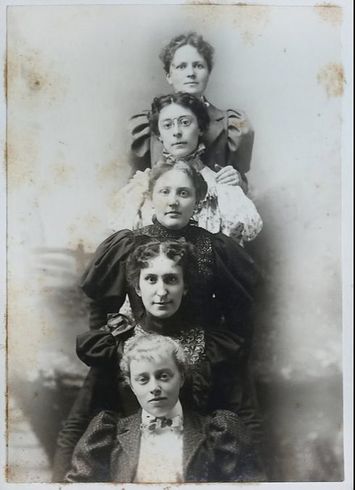
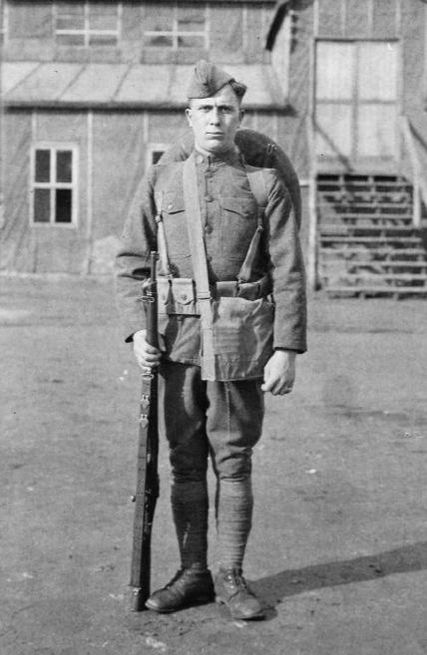
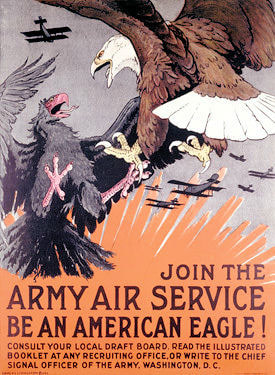
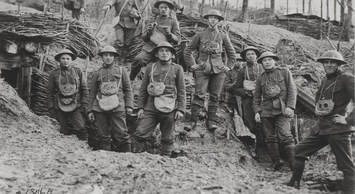
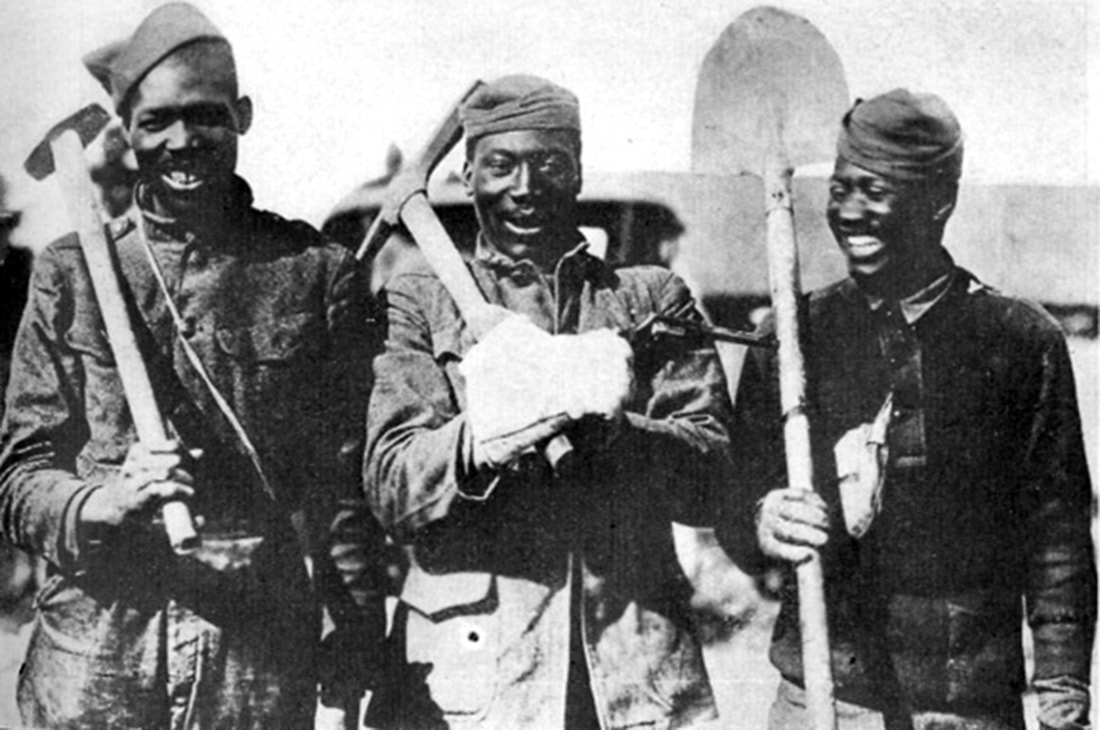
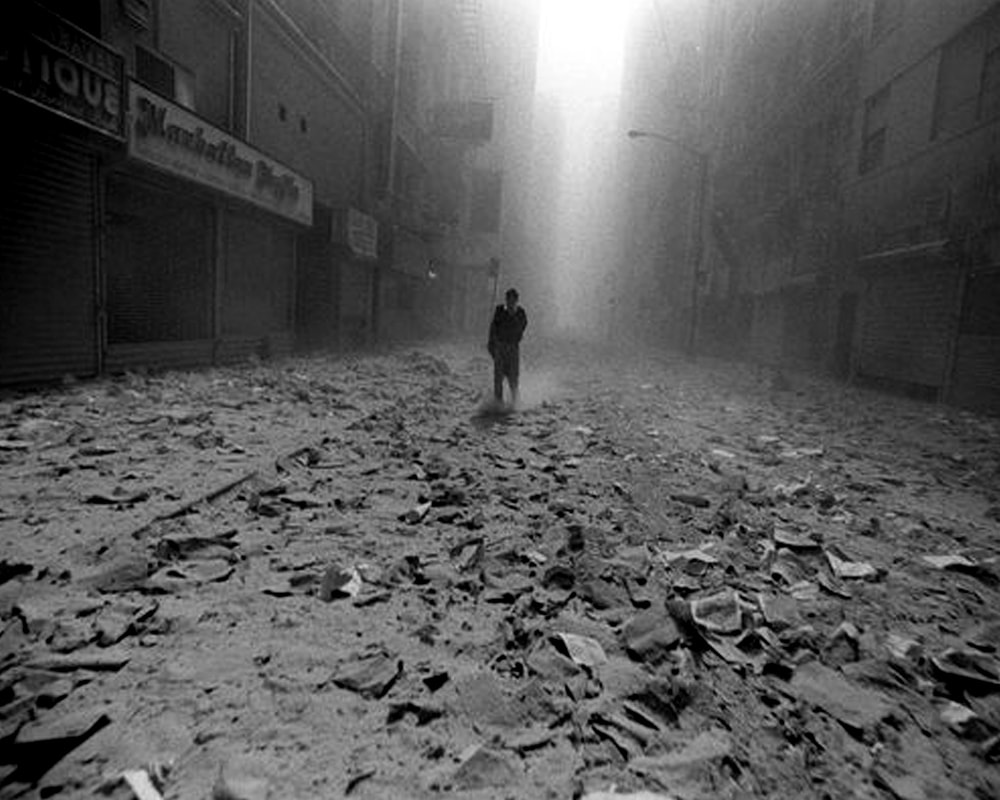
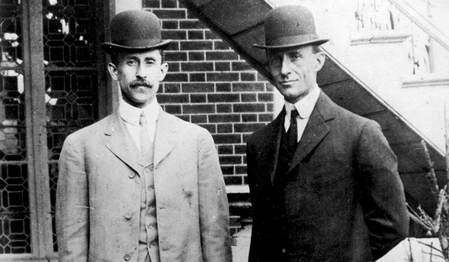
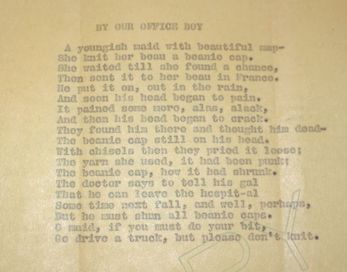

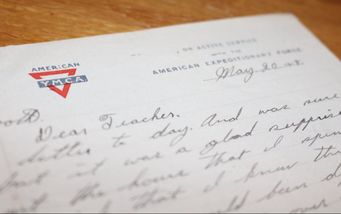

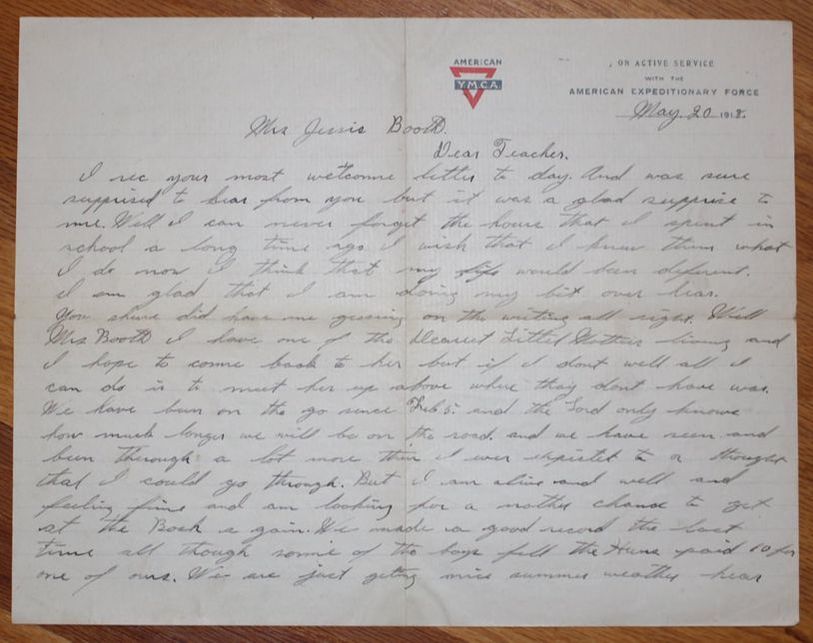
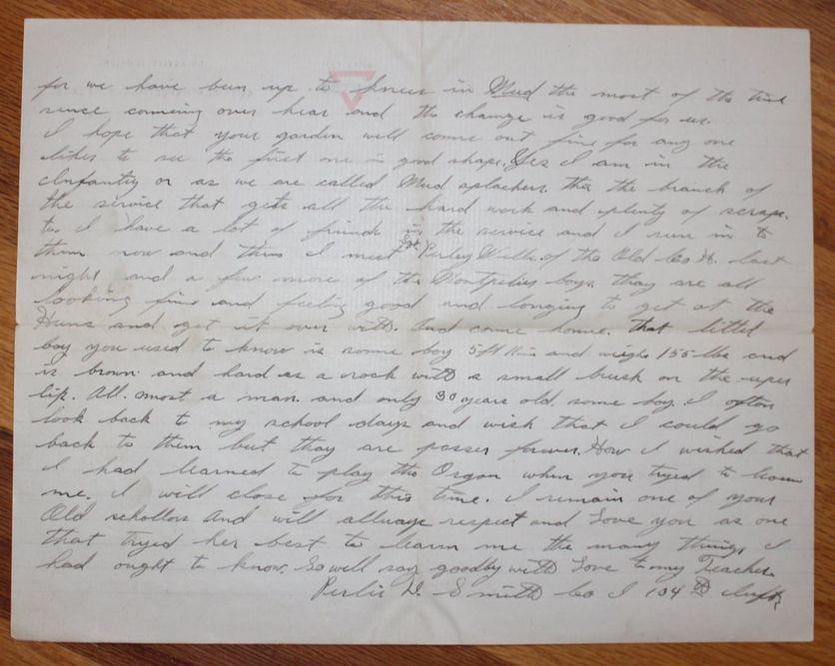
 RSS Feed
RSS Feed